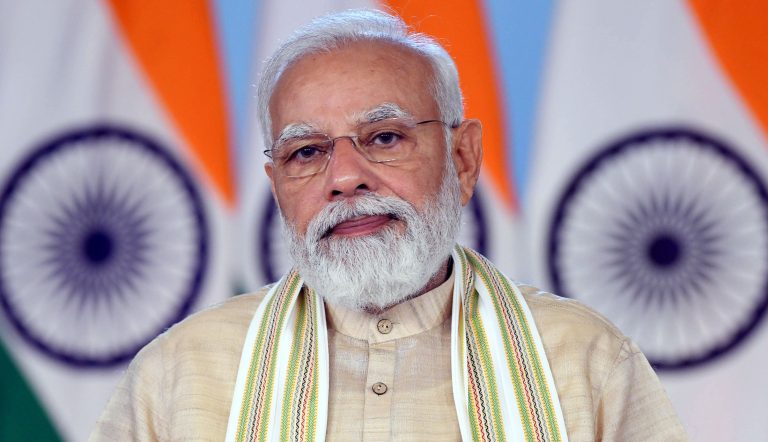China says India is ‘misleading the public’ on Sikkim standoff
July 05, 2017
Upping the ante on the Sikkim standoff, China on Wednesday accused India of “trampling” on the Panchsheel principles and asked New Delhi to “correct its mistakes” as soon as possible by pulling back troops.
China also claimed that India was “misleading the public” by saying that Chinese troops are building a road close to the Chicken’s Neck in the Sikkim sector which could endanger India’s access to its north-eastern states.
“I want to point that the relevant actions by the Indian side violated the purposes and principles of the United Nations Charter in defiance of the international law and international norms. As we all know in 1950s China, India and Myanmar proposed the five principles (Panchsheel) of co-existence,” Chinese foreign ministry spokesman Gen Shuang said.
“However to the surprise of everyone, the Indian side trampled on the basic norms governing the international relations proposed by itself by illegally crossing into other country’s territory,” he said.
The Five Principles of Peaceful Coexistence, known as the Panchsheel, are a series of principles which have formed the bedrock of the relationship between India and China. Their first formal codification in treaty form was in an agreement between China and India in 1954.
Geng said this time the Indian troops crossed the delineated boundary into the Chinese side and nature of the incident was “very serious”.
“China and India have been in contact through the special representatives mechanism to solve the boundary question but this incident, I believe, violates the spirit upheld by the Special Representatives mechanism and goes in contrast to the efforts made by the two countries,” he said.
Indian border troops are still staying on the Chinese territory,” he said.
The situation is yet to be resolved and “India should pull back the troops that is precondition to avoid worsening of the situation”, Geng said.
“Troops should be pulled back as soon as possible to demonstrate the sincerity to improve bilateral ties so as create conditions for the normal development of bilateral relations,” he said.
“If the Indian side refuses to correct its mistakes in a timely fashion, how it proposes to win the trust of its neighbours and how it is supposed to play a bigger role in the international affairs,” he said.
“We once again urge the Indian side to abide by the boundary convention and respect the Chinese sovereignty and immediately withdraw the border troops and properly deal with the incident in a timely fashion,” Geng said.
The Chinese foreign ministry spokesperson claimed that the incident has nothing to do with the tri-junction between China, India and Bhutan.
“In disregard of the 1890 Sino-Britain convention, the Indian side said that Doklam is located within the tri-junction of the three countries, that is misleading the public,” he said.
“The 1890 convention said that the Sikkim section of the boundary commences from East mountain and the incident (of road building) took place about 2,000 metres away from Mount Gipmochi,” Geng asserted.
The Indian side is actually misleading the public by saying that the incident took place at the tri-junction point, Geng said, defending China’s road building which India and Bhutan have objected to.(Agencies)





